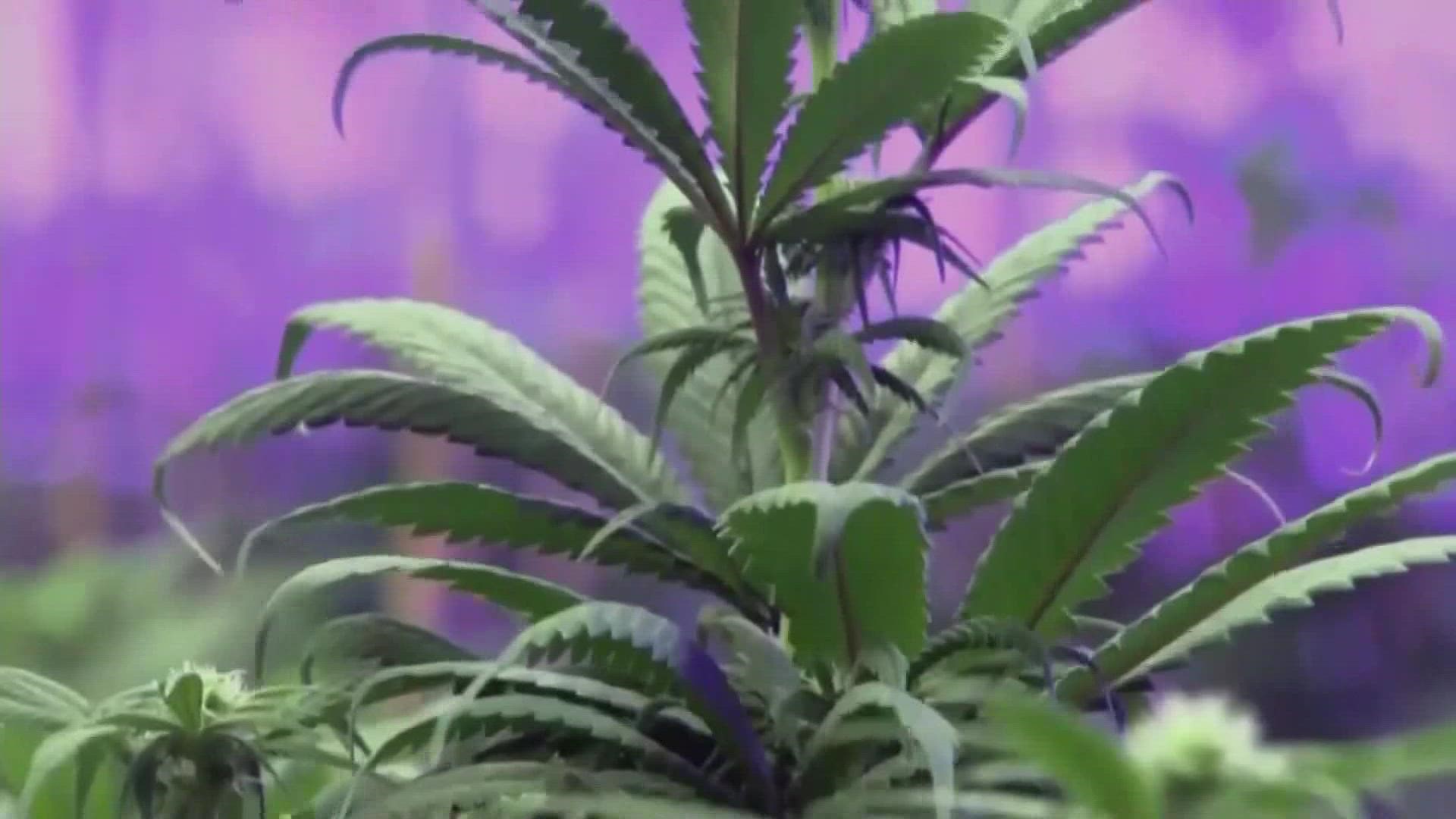CHAPEL HILL, N.C. — President Joe Biden announced Thursday that he will pardon all previous federal simple marijuana offenses, something University of North Carolina at Chapel Hill professor Theodore Shaw says will bring "some balance to the way people are treated."
UNC-Chapel Hill Julius L. Chambers Distinguished Professor of Law and Director of the Center for Civil Rights Theodore Shaw says marijuana laws often disproportionately impact people of color and poor people.
"It's a matter of restoring some balance of what the consequences of using marijuana are on an individual basis," said Shaw.
According to the American Civil Liberties Union, black people are three times as likely to be arrested for marijuana than white people -- despite equal usage rates.
"Marijuana has been legalized in many places and people are making money off it now, yet there are still people who are incarcerated and who suffer from these low-level offenses. So this is important," said Shaw.
The Biden administration estimates this move will impact about 6500 Americans with prior convictions. Shaw said it will have an impact on those already in prison, who will be released, and those with these convictions on their records. He said it will also impact the stigma of marijuana convictions.
"We punish people not only immediately but there's a sense in which we often deny them their citizenship so that, in effect, so that makes a difference," said Shaw.
Along with the pardon announcement, President Biden said he is also urging all governors to pardon previous state simple marijuana offenses. He has also asked federal officials to look at how marijuana is classified.

